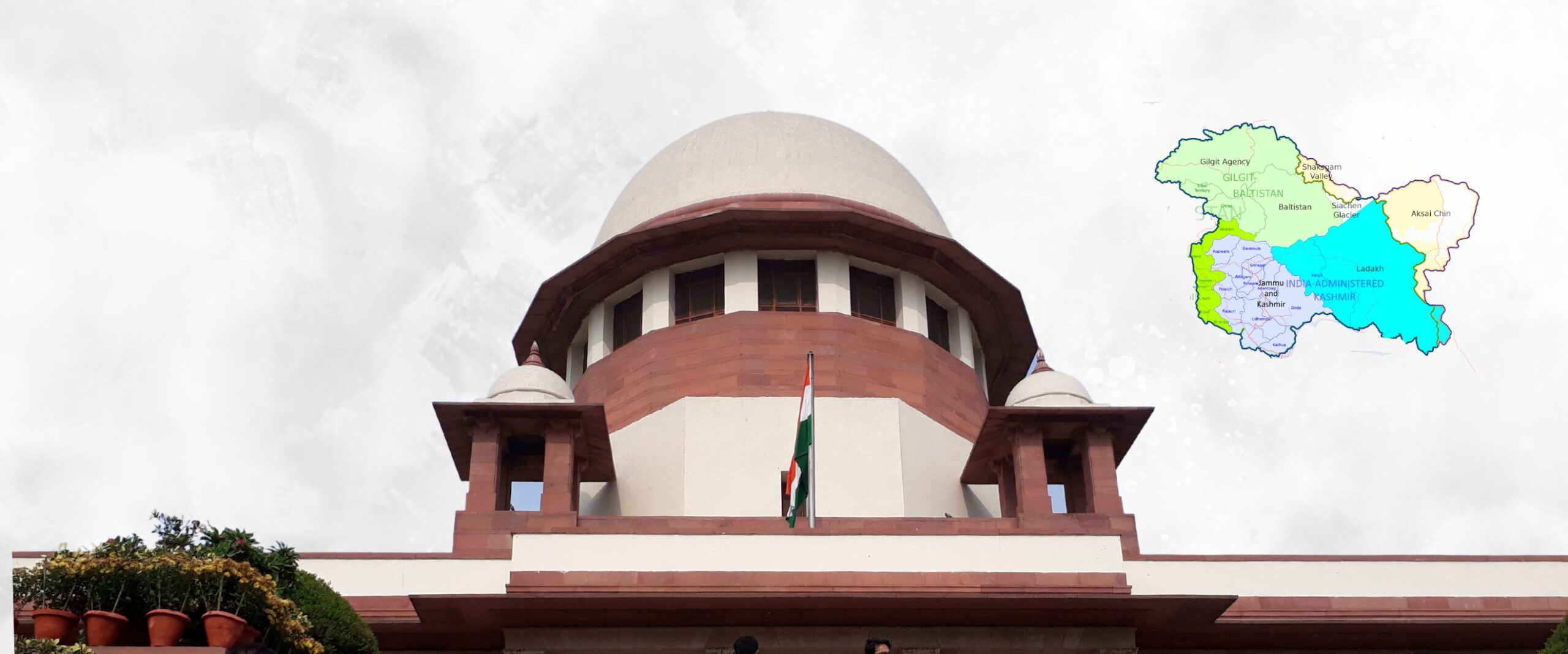
1. Which Constitutional Amendment introduced the Fundamental Duties into the Indian Constitution?
A) 42nd Amendment
B) 44th Amendment
C) 52nd Amendment
D) 61st Amendment
Answer: A) 42nd Amendment
2. The Right to Property was removed from the list of Fundamental Rights by which Constitutional Amendment?
A) 24th Amendment
B) 44th Amendment
C) 42nd Amendment
D) 61st Amendment
Answer: B) 44th Amendment
3. Which Constitutional Amendment Act lowered the voting age from 21 to 18 years?
A) 61st Amendment
B) 73rd Amendment
C) 86th Amendment
D) 91st Amendment
Answer: A) 61st Amendment
4. The 73rd Constitutional Amendment Act, 1992, deals with the establishment of which of the following?
A) Municipalities
B) Panchayati Raj Institutions
C) Cooperative Societies
D) Lokpal and Lokayuktas
Answer: B) Panchayati Raj Institutions
5. Which Amendment is related to the Right to Education being made a Fundamental Right under Article 21A?
A) 44th Amendment
B) 61st Amendment
C) 73rd Amendment
D) 86th Amendment
Answer: D) 86th Amendment
6. The 97th Constitutional Amendment Act deals with which of the following?
A) Goods and Services Tax
B) Right to Education
C) Cooperative Societies
D) Lokpal and Lokayuktas
Answer: C) Cooperative Societies
7. The term 'Socialist' was added to the Preamble of the Indian Constitution by which Amendment?
A) 24th Amendment
B) 42nd Amendment
C) 44th Amendment
D) 52nd Amendment
Answer: B) 42nd Amendment
8. Which Constitutional Amendment made Sikkim a full-fledged state of India?
A) 31st Amendment
B) 35th Amendment
C) 36th Amendment
D) 37th Amendment
Answer: C) 36th Amendment
9. Which Constitutional Amendment abolished the Privy Purses in India?
A) 24th Amendment
B) 26th Amendment
C) 42nd Amendment
D) 44th Amendment
Answer: B) 26th Amendment
10. The Constitution (101st Amendment) Act, 2016, is related to which of the following?
A) Goods and Services Tax (GST)
B) National Judicial Appointments Commission (NJAC)
C) Right to Education
D) Panchayati Raj
Answer: A) Goods and Services Tax (GST)
11. Which Amendment is known for providing reservation in promotions for Scheduled Castes and Scheduled Tribes?
A) 73rd Amendment
B) 77th Amendment
C) 86th Amendment
D) 91st Amendment
Answer: B) 77th Amendment
12. Which Constitutional Amendment Act is associated with the establishment of the National Judicial Appointments Commission (NJAC)?
A) 97th Amendment
B) 99th Amendment
C) 100th Amendment
D) 101st Amendment
Answer: B) 99th Amendment
13. The 'Right to Constitutional Remedies' is considered as the heart and soul of the Constitution. This right is provided under which Article?
A) Article 19
B) Article 21
C) Article 32
D) Article 14
Answer: C) Article 32
14. Which Amendment added the words 'Integrity' and 'Secular' to the Preamble?
A) 42nd Amendment
B) 44th Amendment
C) 52nd Amendment
D) 61st Amendment
Answer: A) 42nd Amendment
15. The 102nd Constitutional Amendment relates to which of the following?
A) Goods and Services Tax
B) National Commission for Backward Classes
C) National Judicial Appointments Commission
D) Cooperative Societies
Answer: B) National Commission for Backward Classes
19 IMPORTANT NOTES
Capital :- Capital is New Delhi, National Capital Region comprises territory from Delhi, U.P., Haryana and Rajasthan.
State Emblem :- Lion Capital of Ashoka found at Sarnath.
National Song :- Vande Mataram by Bankimchandra Chatterjee.
National Flag :- Horizontal Tricolor of deep saffron at the top, white in middle & dark green at the bottom in equal proportion. (Length: Width =3.2). Wheel (with 24 spokes) is at the centre of the flag.
National Calendar :- Saka Era.
National Animal :- Tiger.
National Flower :- Lotus.
National Bird :- Peacock.
National Game :- Hockey.
20 SALARY AND PERKS
The salaries of various high-ranking officials in India as of the latest updates:
1. President of India
Salary: ₹5,00,000 per month
Perks: The President also receives several benefits, including a furnished official residence, free medical care, travel facilities, and a pension.
2. Vice President of India
Salary: ₹4,00,000 per month
Perks: The Vice President also receives housing, medical, and other benefits.
3. Prime Minister of India
Salary: ₹2,80,000 per month (including basic salary and allowances)
Perks: The Prime Minister is entitled to a number of benefits, including official residence, travel expenses, security, and staff.
4. Governor of a State
Salary: ₹3,50,000 per month
Perks: Governors also receive an official residence, medical care, and other benefits.
5. Chief Justice of India (CJI)
Salary: ₹2,80,000 per month
Perks: The CJI is entitled to official residence, staff, security, and travel allowances.
6. Judge of the Supreme Court
Salary: ₹2,50,000 per month
Perks: Judges of the Supreme Court receive similar benefits to the CJI, including housing, staff, and travel facilities.
7. Judge of a High Court
Salary: ₹2,25,000 per month
Perks: High Court judges are entitled to official residences, staff, and travel allowances.
8. Speaker of the Lok Sabha
Salary: ₹2,50,000 per month
Perks: The Speaker enjoys various benefits, including an official residence, free medical facilities, and travel allowances.
9. Member of Parliament (Lok Sabha and Rajya Sabha)
Salary: ₹1,00,000 per month (excluding allowances)
Perks: MPs receive additional daily allowances, constituency allowances, and free travel by train and air, among other benefits.
10. Chief Minister of a State
Salary: Varies by state, but typically around ₹2,00,000 to ₹2,50,000 per month
Perks: Chief Ministers receive official residences, security, travel, and other allowances.
These salaries are subject to periodic revisions by the government, and the perks can vary based on the official's position and state rules. The listed amounts represent the base salaries and do not include various allowances that significantly increase the total compensation.
As of 2023, the salary of the Speaker of the Lok Sabha in India is ₹2,50,000 per month. This salary is the same as that of the Chairman of the Rajya Sabha, Chief Justice of India, and other equivalent high-ranking officials.
